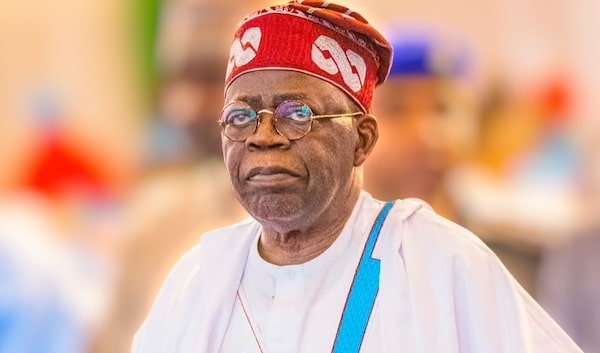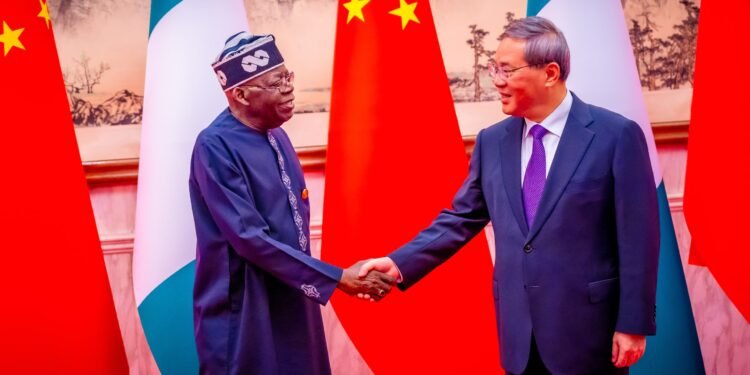The Nigerian Senate has assured Chinese investors of full legislative support for a $1 billion investment in the country’s solid minerals sector. This initiative is part of Nigeria’s efforts to diversify its economy and reduce reliance on oil revenues. The investment will initially focus on three states—Zamfara, Kebbi, and Nasarawa—with $500 million allocated for the first phase. If successful, an additional $500 million will be invested to expand operations to other states with solid mineral potential.
During an interactive session with a Chinese delegation, the acting Chairman of the Senate Committee on Solid Minerals, Senator Onawo Mohammed Ogoshi, emphasized the Senate’s commitment to creating an enabling environment for these investments. He highlighted plans to amend outdated laws and enact new legislation to protect and encourage foreign investments in the sector. Other senators also expressed their support, noting the importance of solid minerals in diversifying Nigeria’s economy.
The Chinese delegation, led by Mr. Chen Twan of Zong Hong Kotai Group, expressed optimism about the partnership and outlined their plans for exploration and development in the selected states. They also indicated a willingness to expand their investments if the initial phase proves successful.
This collaboration marks a significant step in Nigeria’s economic diversification strategy, with the potential to unlock the country’s vast mineral resources and foster economic growth.

Editorial Opinion
What economic impacts could this investment have on Nigeria?
The $1 billion investment from Chinese investors in Nigeria’s solid minerals sector could have several significant economic impacts:
- Job Creation: The investment is likely to generate employment opportunities, both directly in mining operations and indirectly in related industries such as transportation, logistics, and equipment supply.
- Economic Diversification: By focusing on solid minerals, this initiative supports Nigeria’s efforts to reduce its dependence on oil revenues, fostering a more balanced and resilient economy.
- Increased Revenue: The development of the solid minerals sector could boost government revenues through taxes, royalties, and export earnings.
- Infrastructure Development: Investments of this scale often lead to improvements in infrastructure, such as roads, power supply, and water systems, which can benefit local communities and other industries.
- Technology Transfer: Collaboration with foreign investors can bring advanced mining technologies and expertise to Nigeria, enhancing productivity and efficiency in the sector.
- Boost to Local Businesses: The investment could stimulate growth for local suppliers and service providers, creating a ripple effect throughout the economy.
- Foreign Exchange Earnings: Exporting solid minerals could increase Nigeria’s foreign exchange reserves, strengthening the country’s financial position.
However, it’s essential to address potential challenges, such as ensuring environmental sustainability, managing community relations, and safeguarding against exploitation. With proper oversight and policies, this investment could be a transformative step for Nigeria’s economy.
What do you think about the $1 billion investment from Chinese investors in Nigeria’s solid minerals sector?
$1 Billion Chinese Investment in Nigeria’s Solid Mineral Sector…
It’s a positive step towards economic growth and diversification.
It will create jobs and improve local infrastructure.
Concerns about environmental sustainability and community impact need to be addressed.
Foreign investments should be limited to protect national resources.
I’m not sure or need more information.











